Description
bicycle scooter electric bike
electric 3 wheel scooter
72v
| Parameter | |
| Frame | High strength aluminum alloy 6061, surface paint |
| Forking forks | One forming front fork and rear fork |
| Electric machinery | 11 “72V 10000W brushless toothed high speed motor |
| Controller | 72V 70SAH*2 tube vector sinusoidal brushless controller (mini type) |
| Battery | 72V 40AH-45AH module lithium battery (Tian energy 21700) |
| Meter | LCD speed, temperature, power display and fault display |
| GPS | Location and telecontrol alarm |
| Braking system | After one disc, does not contain harmful substance, in compliance with international environmental requirements |
| Brake handle | Forging brake of aluminum alloy with power breaking function |
| Tyre | ZhengXin tire 11 inch |
| Headlight | LED lenticular bright headlights and driving lights |
| Maximum speed | 110km |
| Extension mileage | 115-120km |
| Motor | 5000watt per piece |
| Wheel | 11inch |
| Net weight and gross weight | 54kg/63kg |
| Product size | L* w* h: 1300*560*1030 (mm) |
| Packaging size | L* w* h: 1330*320*780 (mm) |
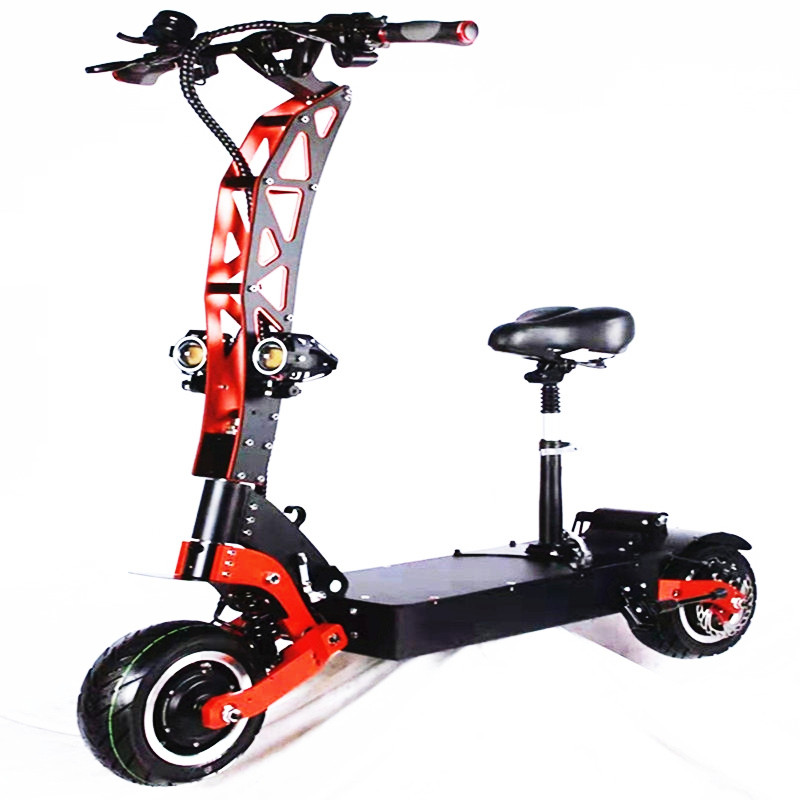
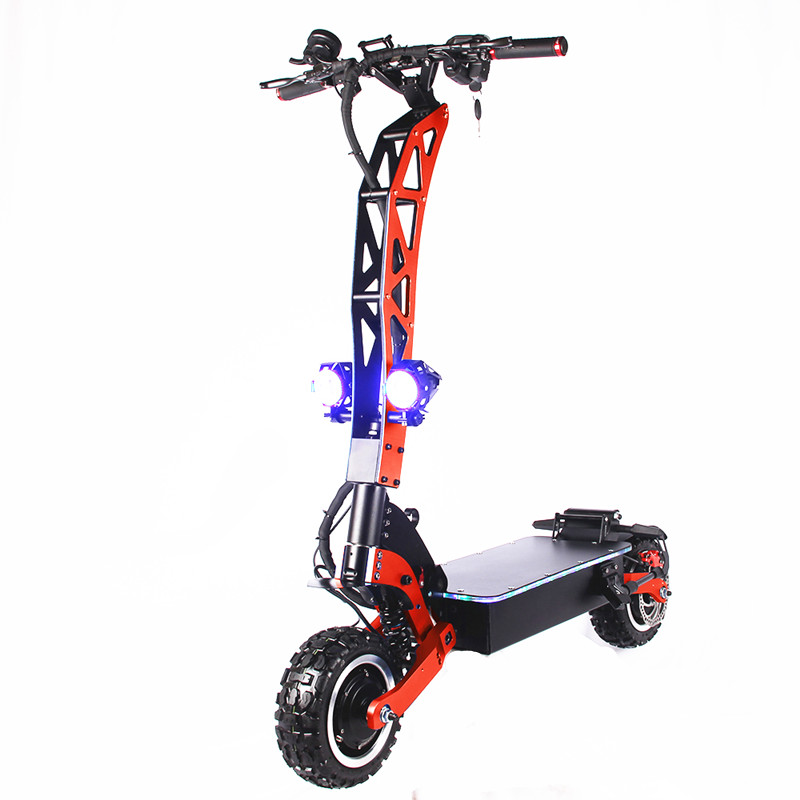
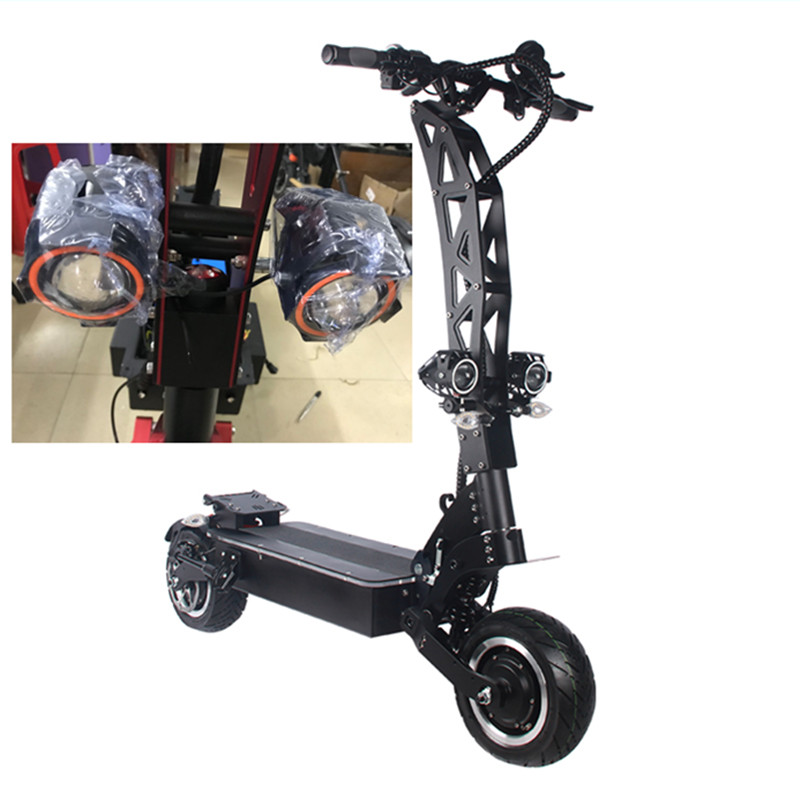
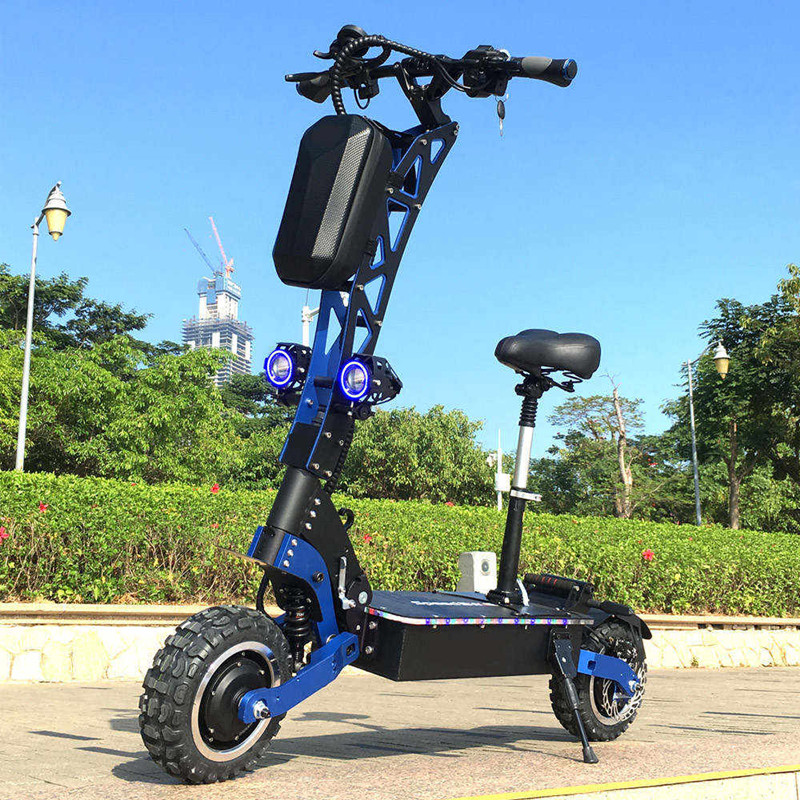
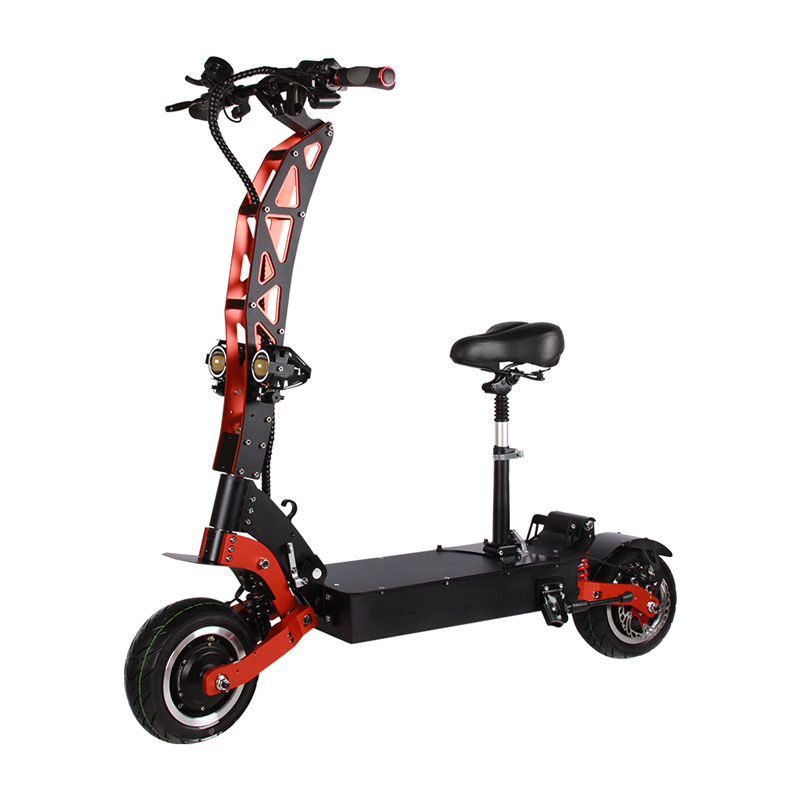
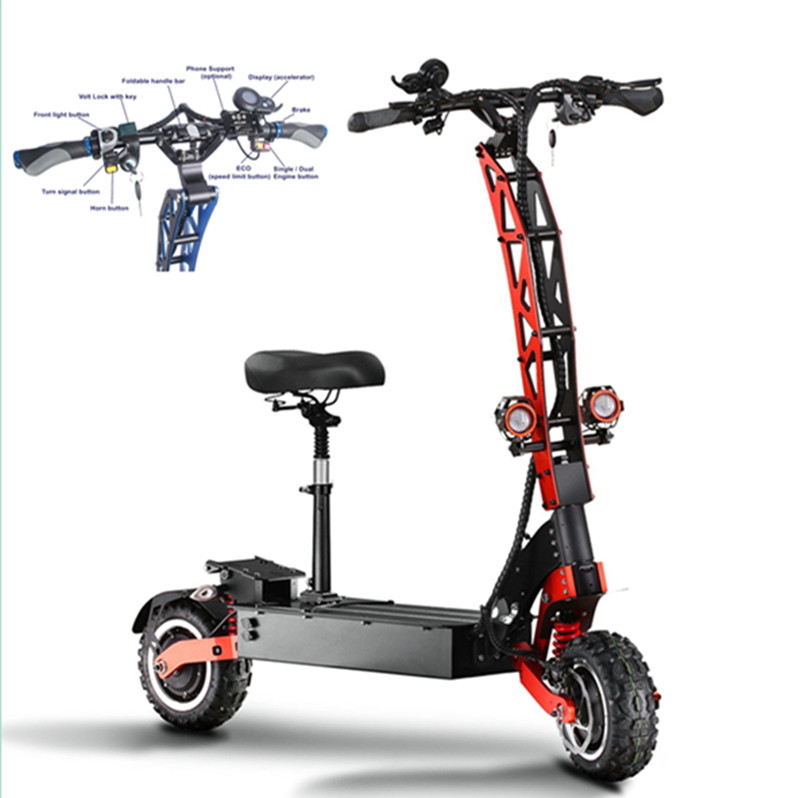



japanese electric scooter
Japanese electric cars
Japanese electric vehicles are an environmentally friendly travel method that has received widespread attention around the world in recent years. This model is deeply loved by consumers for its lightness, convenience, economy and environmental protection. This chapter will introduce in detail the types, technical characteristics, market status and future development trends of Japanese electric vehicles.
First, let’s take a look at the types of electric vehicles in Japan. Japanese electric vehicles are mainly divided into two categories: electric bicycles and electric motorcycles. Electric bicycles can be divided into two types: city type and mountain type. The former is mainly suitable for short-distance travel in the city, while the latter is more suitable for riding on complex terrain such as mountain cross-country. Electric motorcycles are divided into two types: electric scooters and electric motorcycles. The former focuses more on comfort, while the latter emphasizes speed and control.
In terms of technical characteristics, Japanese electric vehicles have the following significant advantages. First of all, battery technology is leading. Japan’s electric vehicle battery technology has always been in a leading position in the world. Its batteries have high energy density, fast charging speed, long life and high safety performance. Secondly, the motor technology is advanced. The motors of Japanese electric vehicles use advanced permanent magnet synchronous motor technology, which has high power, high efficiency, low noise and stable operation. Again, the control system is smart. The control system of Japanese electric vehicles uses advanced electronic technology and computer technology, which can realize automatic switching of multiple driving modes and provide a good driving experience. Finally, the body design is user-friendly. The body design of Japanese electric vehicles fully considers ergonomic principles, providing a comfortable driving posture and convenient operation interface.
In terms of market status, the Japanese electric vehicle market is developing rapidly. According to statistics, in recent years, sales of electric vehicles in Japan have continued to grow, and their market share has also continued to expand. This is mainly due to Japan’s strong support for electric vehicles and consumers’ high recognition of environmentally friendly travel. In addition, with the continuous advancement of electric vehicle technology and the continuous reduction of costs, more and more consumers are beginning to choose electric vehicles as a travel tool.
In terms of future development trends, the Japanese electric vehicle market has huge development potential. First, with the improvement of environmental awareness and policy promotion, the demand for electric vehicles will further grow. Secondly, with the continuous advancement of battery technology and the reduction of costs, the performance of electric vehicles will be further improved and the price will become more affordable. Thirdly, with the development of intelligence and networking, electric vehicles will become more intelligent and convenient. Finally, with the application of new materials and new processes, the appearance and comfort of electric vehicles will also be improved.
However, the Japanese electric vehicle market also faces some challenges. First, there is the issue of battery recycling. The extensive use of electric vehicles will produce a large amount of used batteries. How to effectively recycle these batteries is a problem that needs to be solved. Secondly, charging facilities are insufficient. At present, charging facilities in Japan are not perfect enough, which poses a certain obstacle to the popularization and promotion of electric vehicles. Again, security issues. Various safety accidents may occur during the use of electric vehicles. How to ensure the safety of electric vehicles is an issue that needs attention.
In general, Japanese electric vehicles are becoming a new mode of travel around the world with their advanced technology, excellent performance and convenient use experience. However, the development of electric vehicles still faces some challenges, which requires governments, enterprises and consumers to work together to jointly promote the development of electric vehicles to achieve a more environmentally friendly and convenient travel life.
In terms of policy support, Japan** has introduced a series of policies to promote the development of electric vehicles. For example, ** provides certain subsidies for consumers who purchase electric vehicles and provides a large amount of R&D financial support to electric vehicle companies. In addition, ** has also formulated a series of regulations and standards to ensure the safety and environmental protection of electric vehicles.
In terms of corporate innovation, Japanese electric vehicle companies are also making continuous efforts and launching a variety of new products and services. For example, some companies have launched services that can remotely control and schedule charging, which greatly improves the convenience of using electric vehicles. In addition, some companies have also launched services that enable fault diagnosis and repair through mobile phone applications, which has greatly improved the maintenance efficiency of electric vehicles.
In terms of consumer acceptance, Japanese consumers’ acceptance of electric vehicles is also increasing. Many consumers say they choose electric vehicles mainly because of their environmental protection, convenience and economy. In addition, as the performance and price of electric vehicles continue to improve, more consumers are beginning to consider purchasing and using electric vehicles.
Overall, the future of the Japanese electric vehicle market is full of opportunities and challenges. Whether it is governments, enterprises or consumers, they all need to actively face these challenges and work together to promote the development of electric vehicles and achieve a more environmentally friendly and convenient travel life.

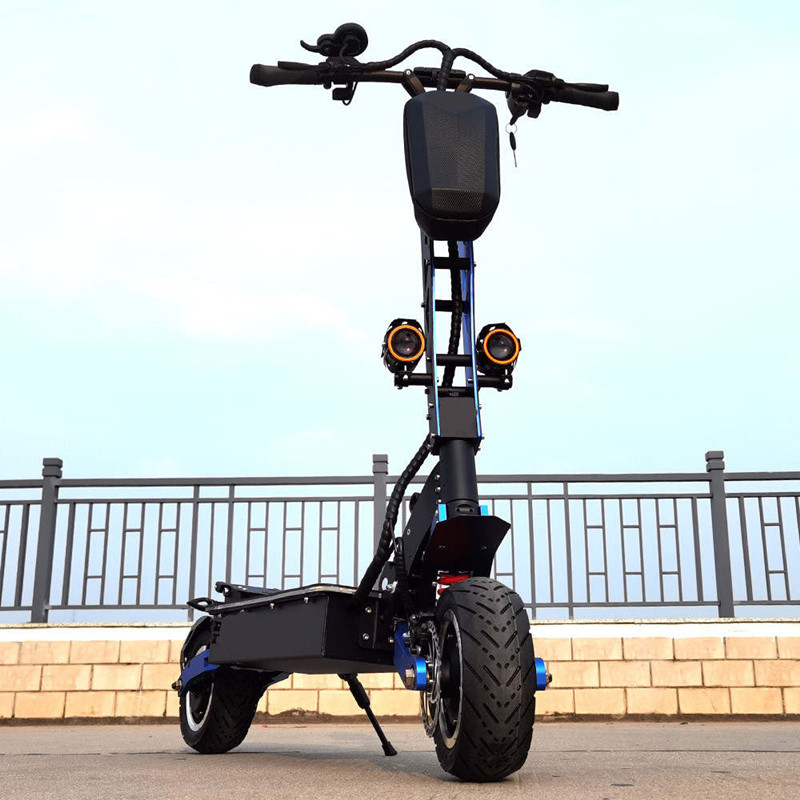
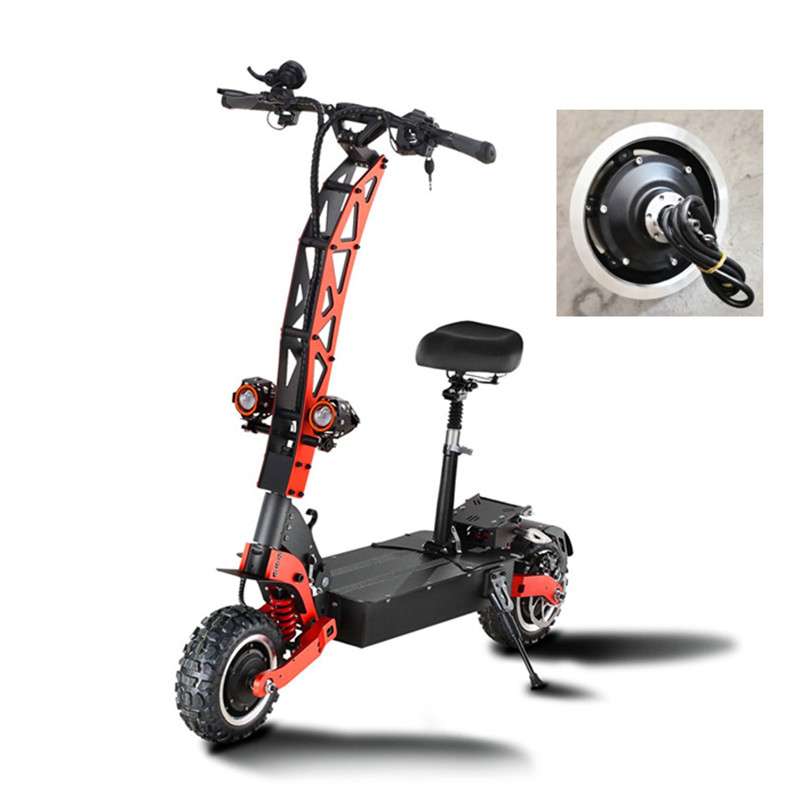
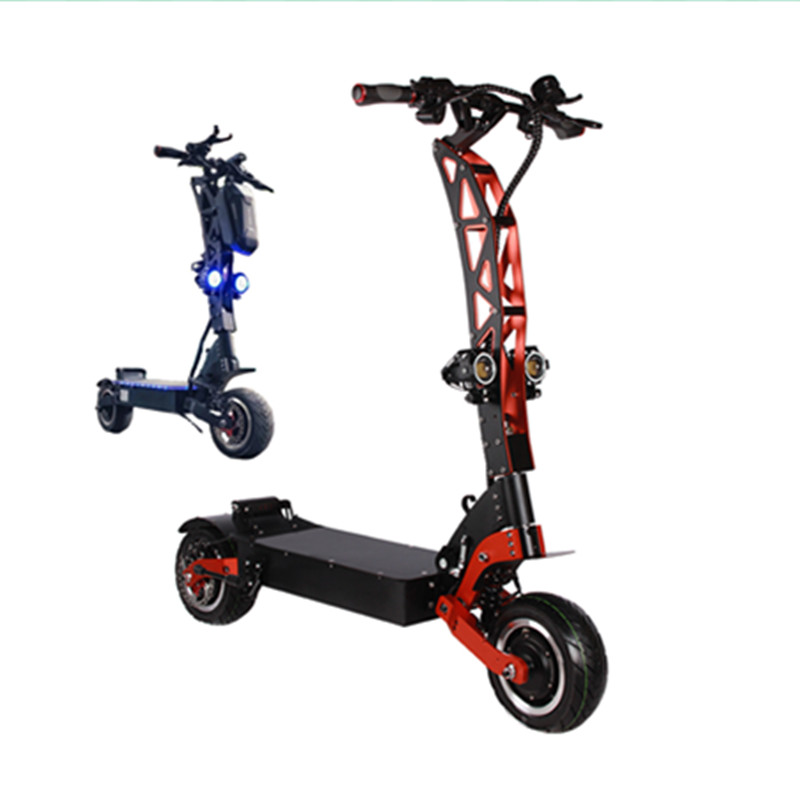
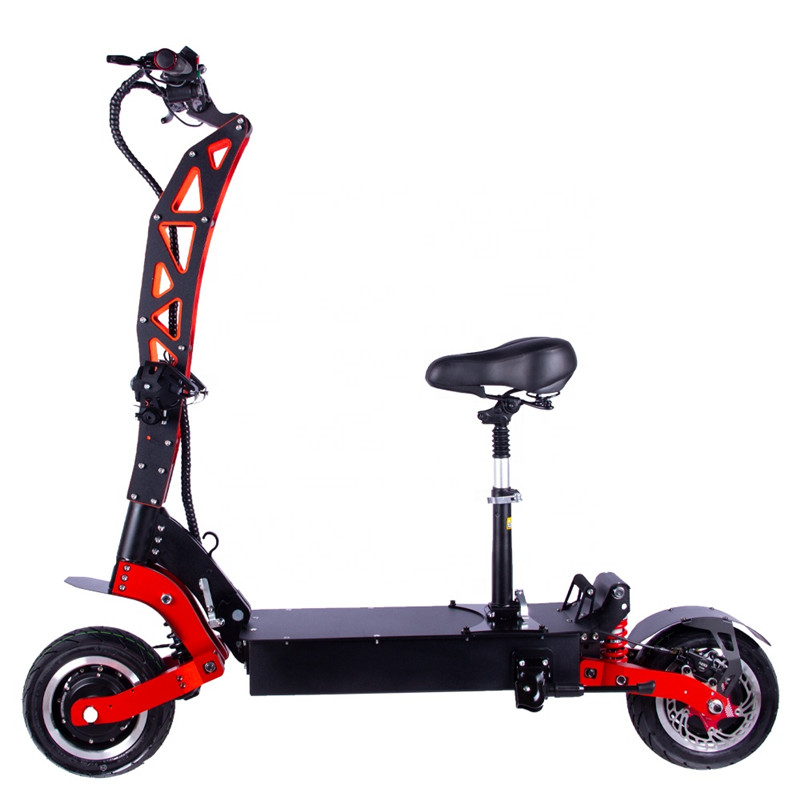
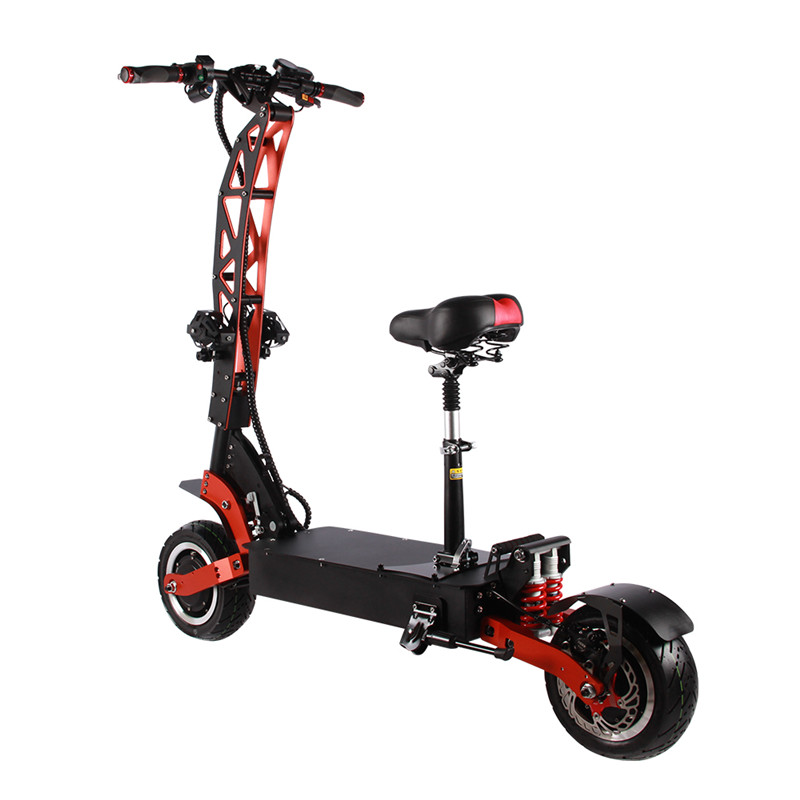
Reviews
There are no reviews yet.